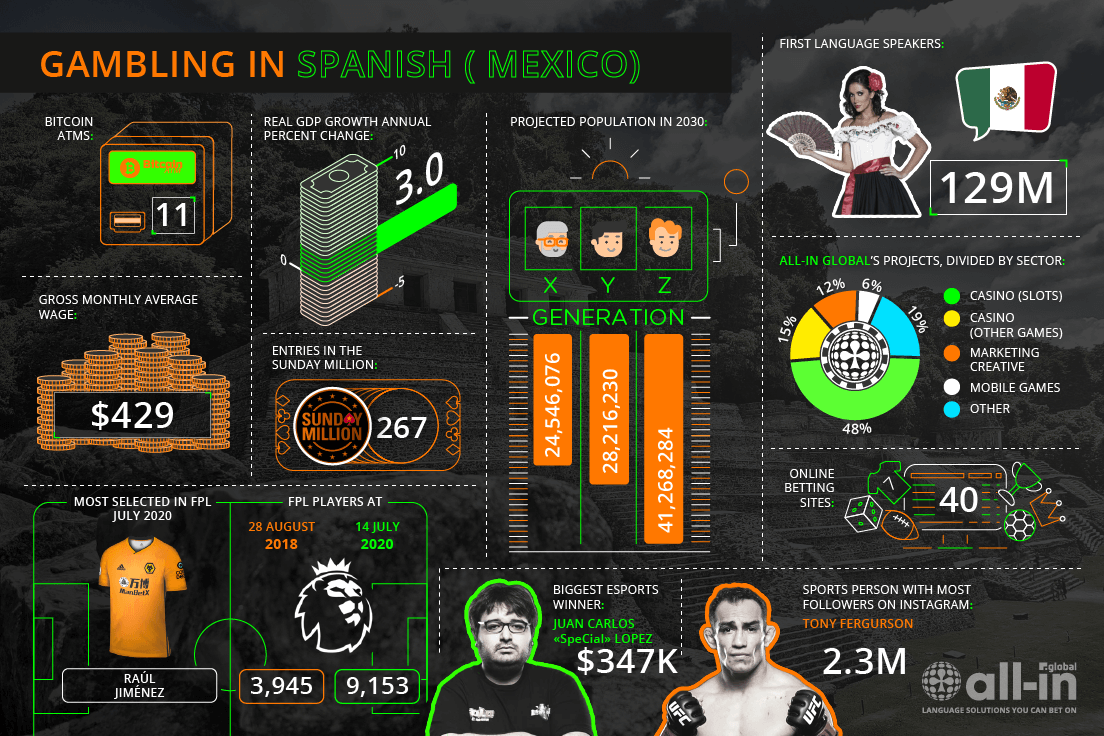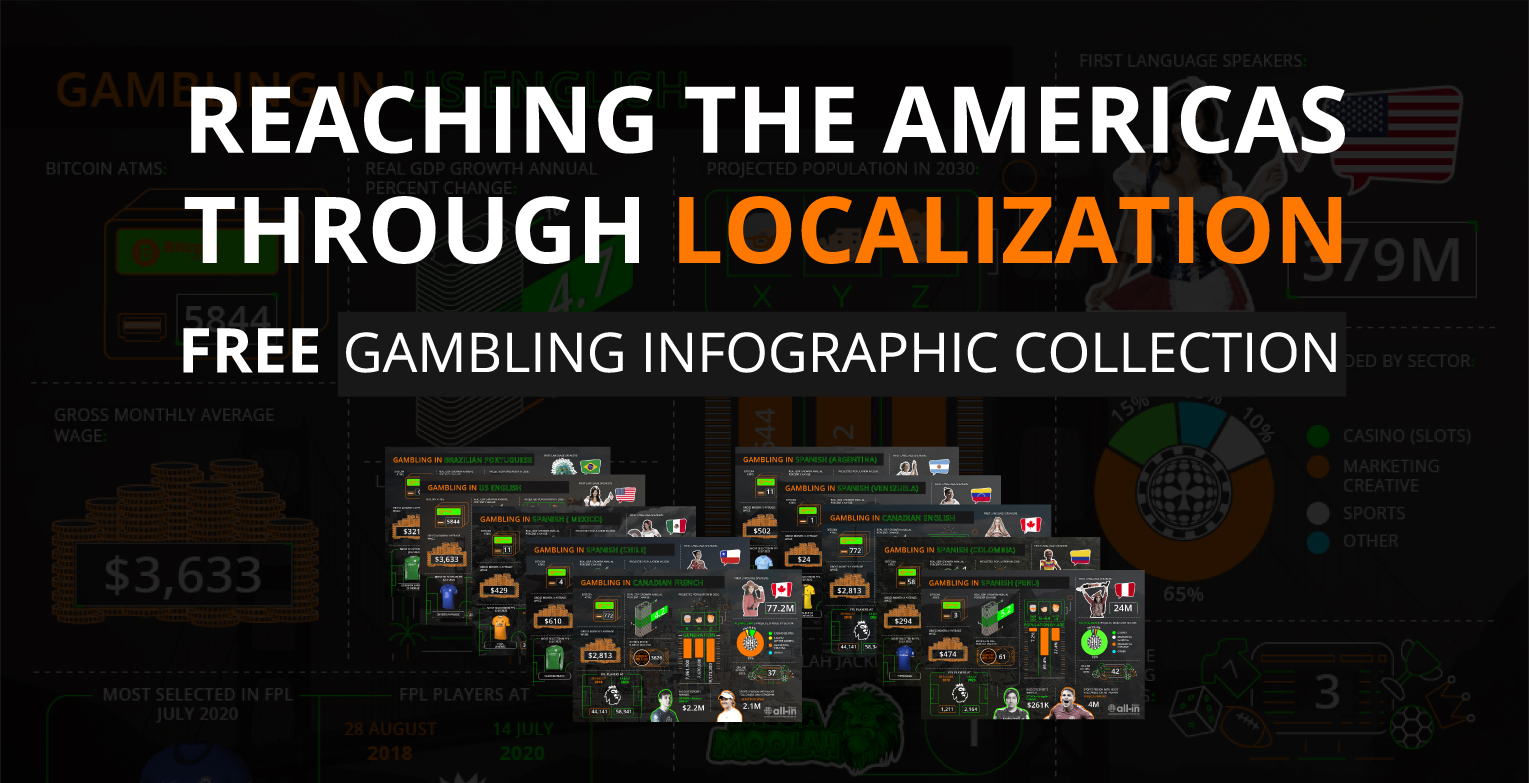
Data Source:
https://coinatmradar.com/countries/
The data represents the biggest economy (country) where this language is an official language.
https://www.numbeo.com/cost-of-living/country_price_rankings?itemId=105
The data represents the biggest economy (country) where this language is an official language.
Data on the left is counted by All-in Global on https://fantasy.premierleague.com/
Data on the right is from
https://fplmystats.com/tools/league-counter
The data represents the biggest economy (country) where this language is an official language.
(demographics -> population statistics)
The data represents the biggest economy (country) where this language is an official language.
https://www.imf.org/external/datamapper/NGDP_RPCH@WEO/OEMDC/ADVEC/WEOWORLD/GUY/UGA/
The data represents the biggest economy (country) where this language is an official language.
The numbers here are counted by All-in Global from the Sunday Million tournament on PokerStars on 6th April 2020. This weekly tournament is considered the biggest online poker tournament in the world.
The data represents the biggest economy (country) where this language is an official language.
https://www.esportsearnings.com/players/1175-special-juan-carlos-lopez
The data represents the biggest economy (country) where this language is an official language.
https://www.heepsy.com/ranking/top-athletes-in-mexico
The data represents the biggest economy (country) where this language is an official language.
All-in Global is the #1 language service provider for the iGaming industry. With 12 years of data we believe it’s relevant for our viewers to know how our localization projects are divided. Our staff tend to choose “marketing creative” when it’s not clear how a project should be classified, so this number is often too high in comparison.
https://sportsbetting24.com/sportsbooks/countries/
The data represents the biggest economy (country) where this language is an official language.
THE CHALLENGES OF IGAMING LOCALIZATION INTO MEXICAN SPANISH
First thing that should be taken into consideration when localizing content into Mexican Spanish is how to address the target audience. Do we use the informal pronoun “tu”, or rather go for a more elegant choice and use the formal one – “usted”? Once the tone-of-voice is set, we switch focus to the most frequently used terms in the country of origin – Mexico. So, to give a key industry example, let’s look at “slots” – those highly popular machines among Mexican players. The term is translated as “tragaperras” into European Spanish, but in Mexico you call them “tragamonedas”. Worth mentioning here is that among the mortar-and-brick casino aficionados it is quite common to say: “Let’s go and play the maquinitas”. It’s important to keep in mind that some casinos prefer to use the English word “slots” instead of the one available in Mexican Spanish. But this is usually an SEO decision.
Another challenge is to consider the existing texts. In such texts, you can find terms that would constitute the basis for any future translation. However – and this is the case with multiple terms – some of them are translated in one way by one translator and rendered in some other way by another. To give a relevant example, “free spins” can appear in some games as “giros gratis,” and in other games offered by the same casino as “tiradas gratis”, or even a combination of both. Another example is the term “scatter.” In some games, it appears as “disperse,” while in others it is translated as “aleatorios.” “Scatter” is another piece of lingo that can stay in English for optimization reasons.
Just like in the case of slots machines, you can find lots of options and preferences that can apply to different iGaming sectors, like card and table games and sportsbetting – with all the betting options on offer.
MEXICAN SPANISH ONLINE GAMING MARKET: CURRENT STATUS
MEXICAN SPANISH ONLINE GAMING MARKET: POTENTIAL
WHY CHOOSE US FOR YOUR MEXICAN SPANISH PROJECT?
Mexico has a rich history of betting which dates way back to the time of the Aztecs. Formally introduced in 1947, Mexico’s Federal Gaming and Raffles Law has been the regulator of gambling activities that included Mexico’s National lottery which had been operating since September 1810. Well, better late than never.
Although a technical grey area, online gaming in Mexico flourishes, with most online casinos accepting Pesos but some also welcoming US Dollars. Mexicans mainly love a punt on football but boxing, baseball, basketball, and pari-mutuel betting (think syndicated betting) on horse racing are also popular.
In 2020, Mexico’s gaming market was valued at $159.3 billion dollars and shows no sign of slowing down. Mexicans are love a punt, but who doesn’t? A new generation of online players have emerged and European Casino operators are eyeing up the Mexican market joyfully.
While it may take some time to cut through that red tape which is eternally linked to online gaming, operators are positive about Mexico’s online gaming prospects and looking forward to a fully-regulated market in the near future.
We recommend you to involve your language service provider as early as possible in the Mexican Spanish localization process. This way, you will avoid pitfalls and the need to rework later, meaning you will experience no delays in getting your global growing going. We are quick, reliable, and a highly trusted partner across the gaming industry. We have a world-class localization team for Mexican Spanish and have spent the last decade recruiting Mexican Spanish writers with a big passion for games and sports and an impeccable understanding of iGaming terminology. We also offer SEO and audiovisual services in Mexican Spanish. Contact [email protected] or click the button to request a quote.
MEXICAN SPANISH ONLINE GAMING MARKET: CURRENT STATUS
Mexico has a rich history of betting which dates way back to the time of the Aztecs. Formally introduced in 1947, Mexico’s Federal Gaming and Raffles Law has been the regulator of gambling activities that included Mexico’s National lottery which had been operating since September 1810. Well, better late than never.
Although a technical grey area, online gaming in Mexico flourishes, with most online casinos accepting Pesos but some also welcoming US Dollars. Mexicans mainly love a punt on football but boxing, baseball, basketball, and pari-mutuel betting (think syndicated betting) on horse racing are also popular.
MEXICAN SPANISH ONLINE GAMING MARKET: POTENTIAL
In 2020, Mexico’s gaming market was valued at $159.3 billion dollars and shows no sign of slowing down. Mexicans are love a punt, but who doesn’t? A new generation of online players have emerged and European Casino operators are eyeing up the Mexican market joyfully.
While it may take some time to cut through that red tape which is eternally linked to online gaming, operators are positive about Mexico’s online gaming prospects and looking forward to a fully-regulated market in the near future.
WHY CHOOSE US FOR YOUR MEXICAN SPANISH PROJECT?
We recommend you to involve your language service provider as early as possible in the Mexican Spanish localization process. This way, you will avoid pitfalls and the need to rework later, meaning you will experience no delays in getting your global growing going. We are quick, reliable, and a highly trusted partner across the gaming industry. We have a world-class localization team for Mexican Spanish and have spent the last decade recruiting Mexican Spanish writers with a big passion for games and sports and an impeccable understanding of iGaming terminology. We also offer SEO and audiovisual services in Mexican Spanish. Contact [email protected] or click the button to request a quote.
















